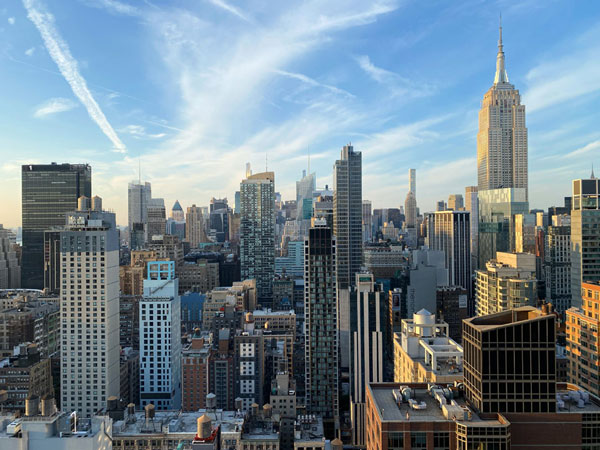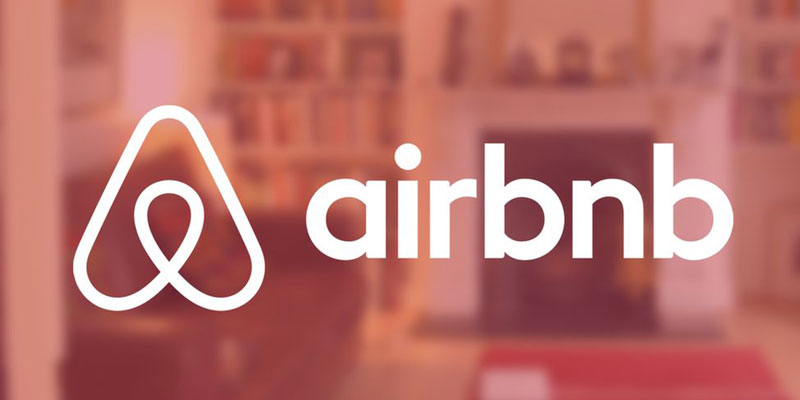With Airbnb, a brief rental business that enables property owners or renters to earn additional cash by renting out their homes, budget-conscious tourists are raving about the opportunity. It may be difficult to work with regulators throughout the globe. The potential for Airbnb to disrupt landlord-tenant relationships is one of the concerns that local governments and state authorities are concerned about. As a result, regulators worry that calm residential zones may be transformed into revolving hotel districts. Airbnb-related taxes and zoning rules are also under scrutiny because of the lack of monitoring and responsibility in these areas. It's important to ensure that the city where they want to stay is an Airbnb-friendly one before deciding to use Airbnb. Registration must also be in accordance with the most recent city regulations.
Airbnb's Legal Status in Cities
Paris
According to Ian Brossat, a Parisian official in 2018, the city's home rental services were displacing residents in the central city. Airbnb has over 60,000 homes available in Paris, making it the world's most popular destination for travelers looking for a place to stay. Spain, NYC, and Santa Monica all agree with Brossart on this point. The government targeted short-term rental homes in Paris in 2015, and offenders faced penalties of up to € 26,000. To comply with the Elan legislation, Air BnB hosts in France must register their properties and provide the registration code in their listings. For concern that the expansion of Air BnB listings in Paris threatened to transform it into an "open-air museum," Mayor Anne Hidalgo declared in 2019 that she intends to enforce the punishment of 12 5 million euros for unregistered marketing.
Barcelona

Barcelona's position on Airbnb & other comparable services remained unchanged in May of this year. In order to avoid hefty penalties, the city requested that the site delete 2,577 advertisements that seemed to be working without a municipal-approved licence. Airbnb and Barcelona inked a contract on June 1 that allowed municipal authorities to see advertising data. Cities may now rely on data from hosts detailing where apartments are situated and who the registered residents are, rather than having to rely on investigatory work in the past, says CityLab.
Using the host ID numbers, you may check to see whether the residences you've connected to are authorized to do so. In 2016 (yet due and challenged), Airbnb was hit with a punishment of € 600,000 for offering unauthorized properties after a penalty of € 30,000 in 2015. A social media campaign pushing visitors to report unlawful short-term rentals or those accused of being illegal has been launched by the Catalan administration, which claims that Airbnb rentals have rendered it more challenging to find a place to stay in the city.
Berlin
Short-term rentals in Berlin were banned in 2014 by German authorities, who blamed Airbnb for the city's soaring rates and housing crisis. However, under the 2014 legislation, officials have committed to refuse 95 percent of the requests from potential owners to rent their houses for durations of less than sixty days. The municipal assembly, on the other hand, reversed this legislation in March 2018. Renting out your primary dwelling without permission from local authorities, and renting out your second home for up to 90 days annually, is now permitted under the new law.
Amsterdam and London
These major cities have been a lot more welcoming to Airbnb than other European locations. It was started in February 2015 that Amsterdam would work with Airbnb to impose a tourist duty on rentals, while Airbnb would educate prospective hosts on all applicable laws and regulations. Short-term rentals were formerly restricted to 60 days annually in Amsterdam; however, this restriction was reduced in 2018 to 30 days. Since March of this year, the City of London's housing legislation has been amended to enable landlords to put houses on Airbnb for a maximum of three months yearly.
Renting a main or secondary home far outside the Greater London region is permitted for up to five months annually. In London, the popularity of short-term rentals like Airbnb is skyrocketing. According to a report from real estate services company Colliers, Airbnb's share of the market in London increased in 2017 from 2.8 percent to 7.5 percent.
New York

Naturally, the most popular tourist site in the U. S. has heard of Airbnb before. When a new rule was passed requiring Airbnb and other housemates to submit the city's enforcement agency with their names and locations, Recode stated that Airbnb sued the state in August of 2018. Hosts on a monthly basis. According to Airbnb, the legislation infringed on its customers' personal privacy and fundamental rights. It is estimated that over two-thirds of Airbnb's advertisements in New York City are unlawful. A federal court ruled the statute unlawful in January of this year, and it was immediately overturned. In San Francisco, when a similar ordinance was imposed, the majority of listings on Airbnb dropped by 50%.
Conclusion
It's not the first time that Airbnb has caused a stir. While proponents of the service claim that it makes it possible for tourists to stay in more cheap accommodations, detractors claim that the company has a negative impact on the local housing market, supply, and the standard of life for residents. Managing service in cities may be done in a variety of ways, from stringent Santa Monica to a more relaxed Amsterdam. An Airbnb host must understand where their city stands on this spectrum if they are considering hosting guests. The alternative is that they might be fined or even ejected from their home in the case of renters.




